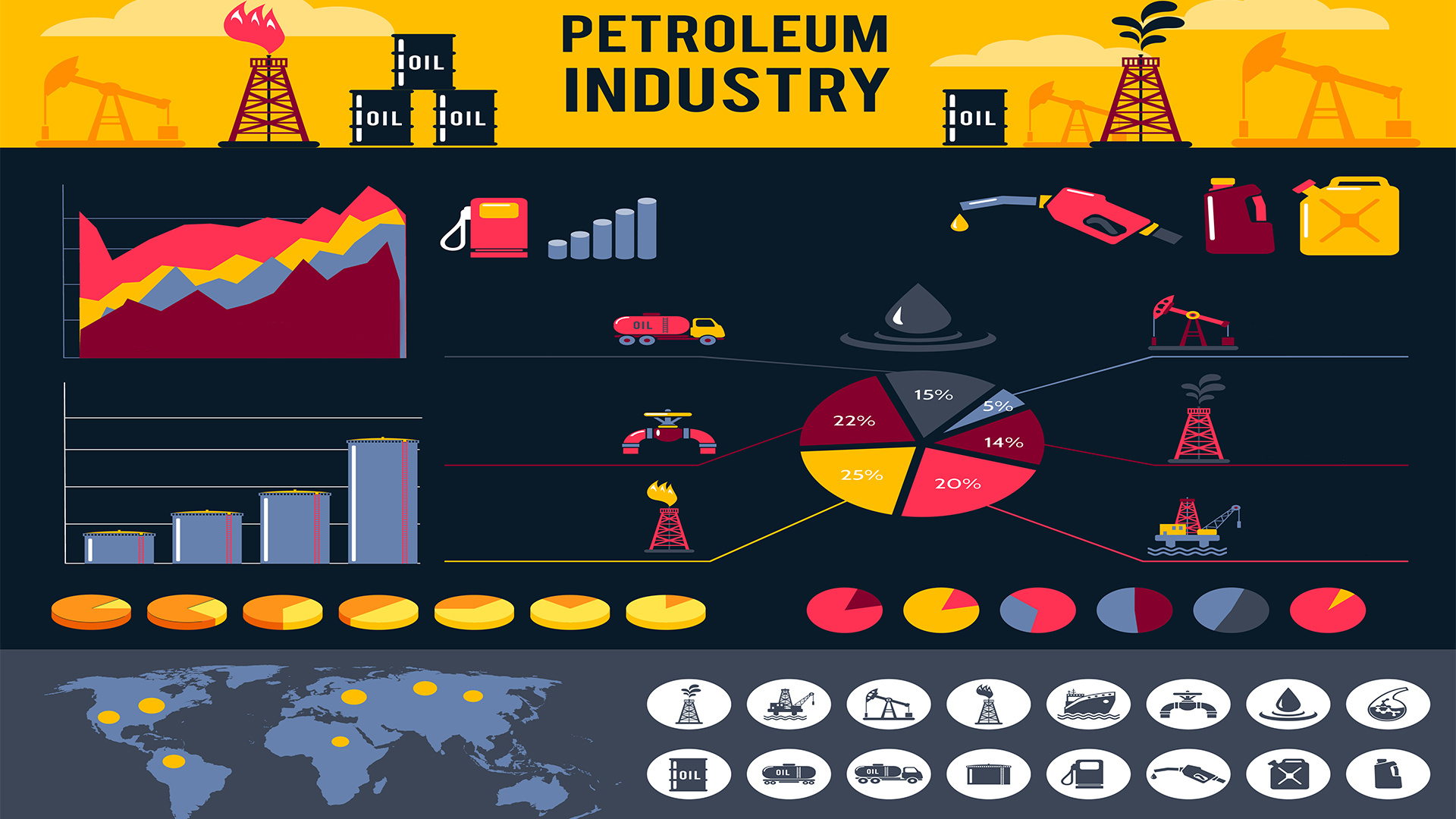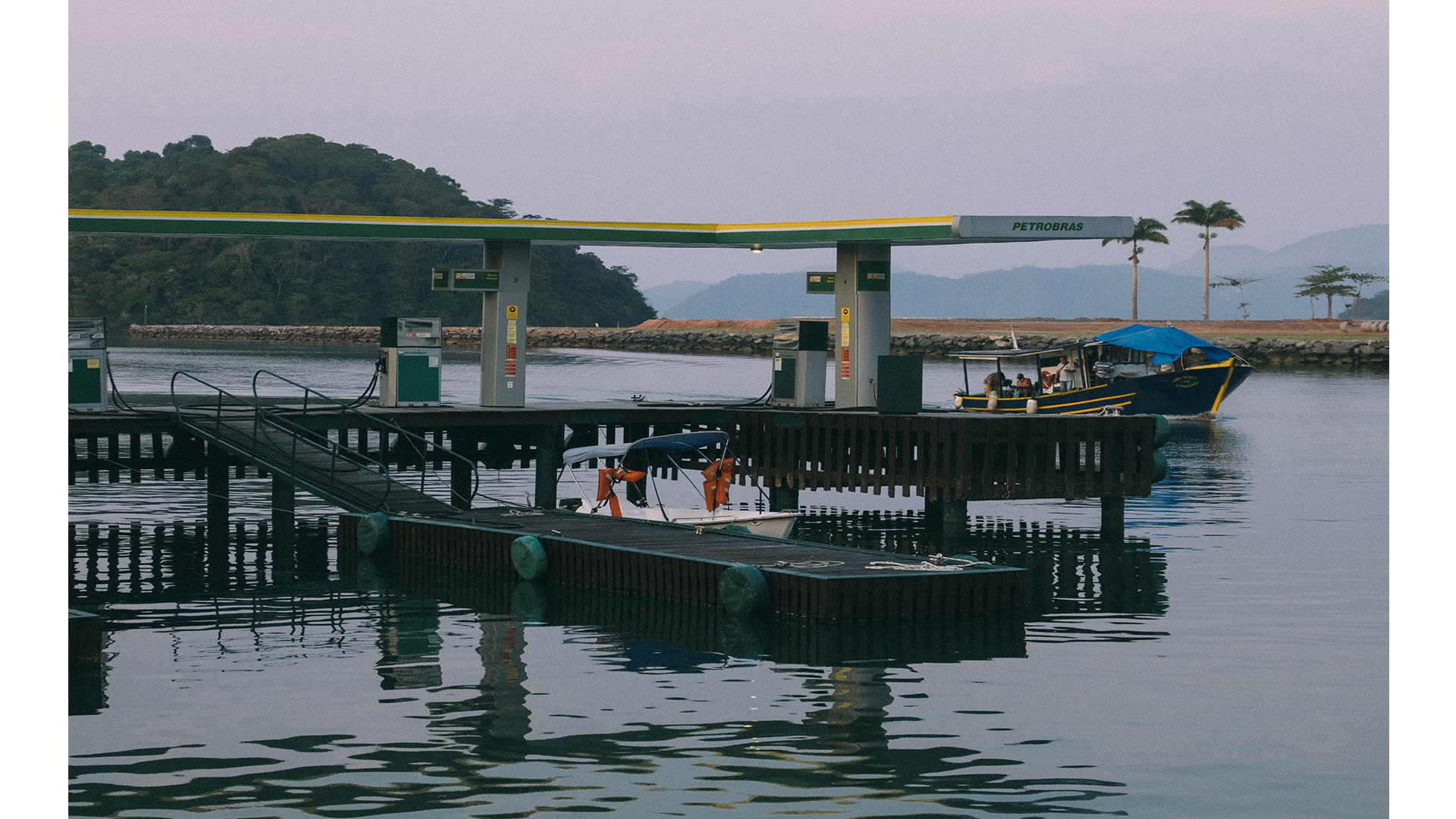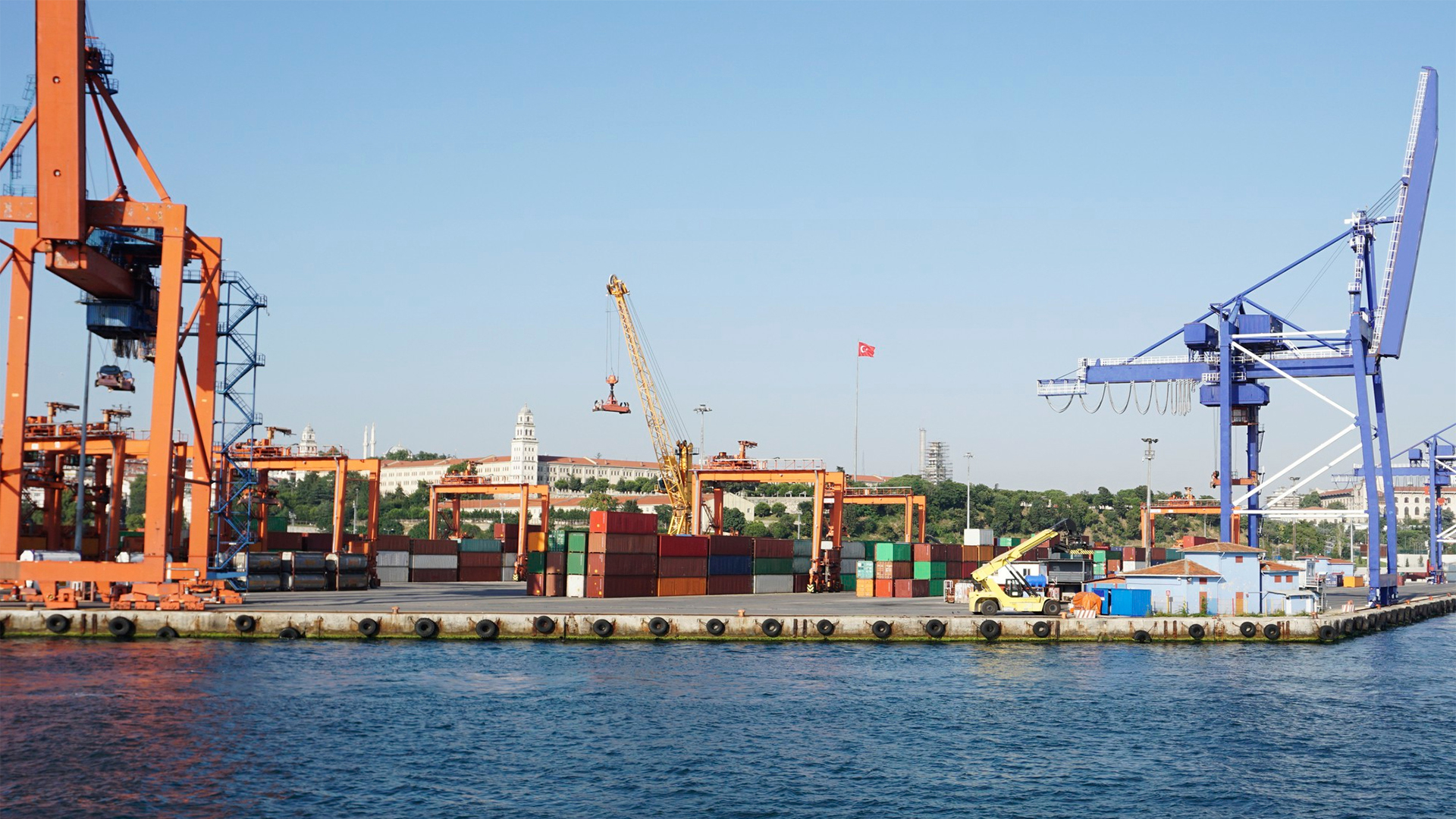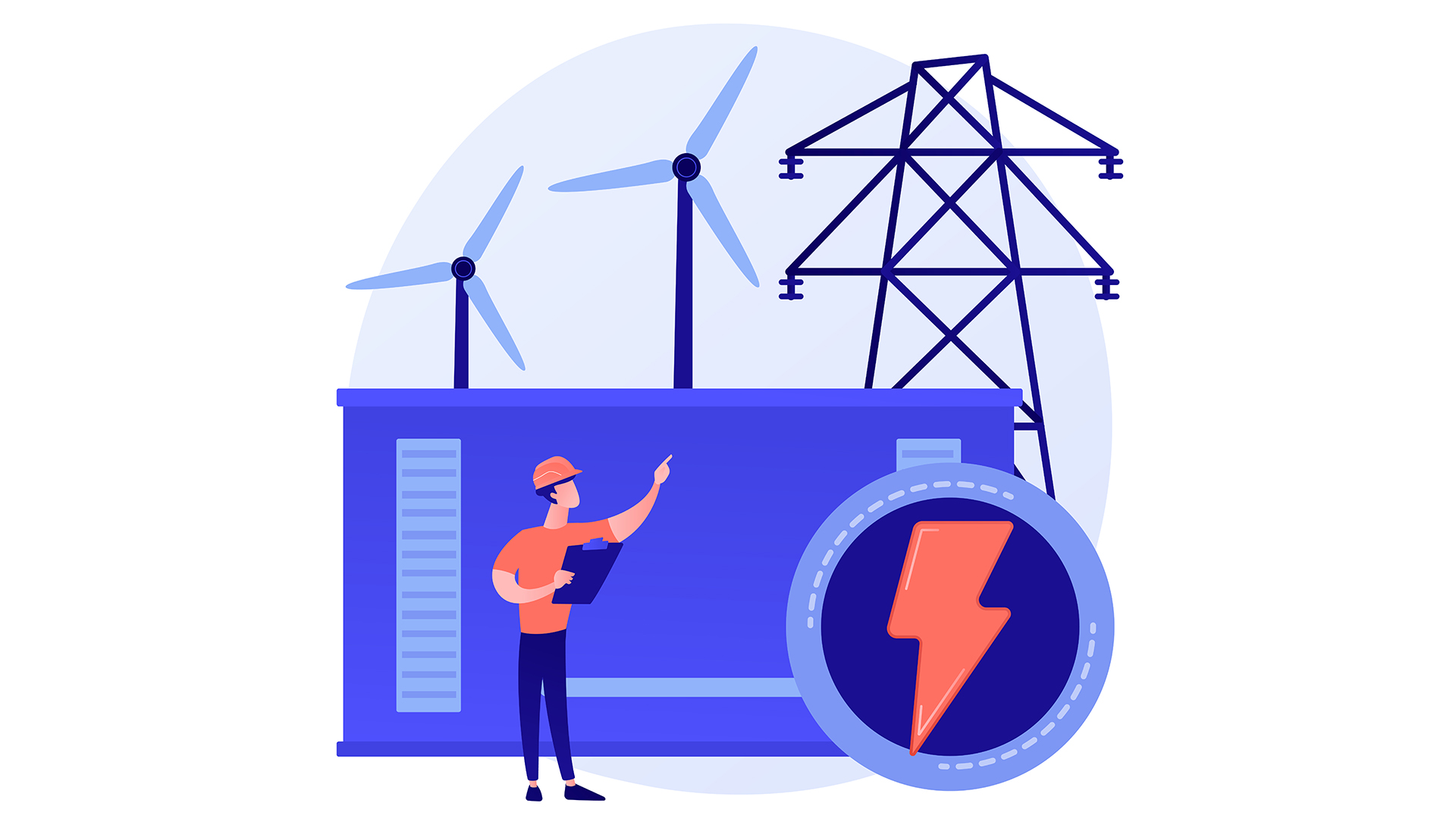
Risk & Decision Analysis For Petroleum Economics Masterclass
Course overview
Because the petroleum sector is so large and vital to a country’s prosperity, businesses operating in it must make sure that their business methods are morally, legally, and competitively sound. In light of this significance, the main goal to guarantee these organizations’ ultimate success is to analyze their financial performance.
These organizations must develop a range of financial models for a variety of projects, and it is anticipated that any potential risks will be taken into account.
Petroleum economics: what is it? Being a successful professional in the oil and gas business requires having a solid understanding of petroleum economics, which is one of the strongest and most significant aspects of the global economy. It entails using economic studies at different phases of a project involving petroleum.
Participants will gain superior knowledge of petroleum project economics and the risk evaluations that are a part of this activity by taking the Training Bee training course.
This course will assist you in understanding financial analyses conducted for the benefit of the project’s future course, as oil and gas organizations must closely monitor financial leakages and fixtures. Additionally, you will be able to drive and/or perform your own analyses to verify and determine various aspects of a project that will be crucial to its overall success. This course’s material will increase your ability to manage challenging tasks in this field.
Introduction
Welcome to the training course for decision analysis, risk assessment, project evaluation, and petroleum economics! The goal of this course is to provide you with the knowledge and abilities needed to make wise financial decisions in the fast-paced and demanding oil and gas sector.
Accurate project evaluation and wise decision-making are more important than ever as the oil and gas sector develops. After completing this course, you will be more equipped to successfully negotiate the industry’s complicated terrain and reach strategic judgments that support the aims and objectives of your company.
We are The Training Bee, a global training and education firm providing services in many countries. We are specialized in capacity building and talent development solutions for individuals and organizations, with our highly customized programs and training sessions.
Learning Objectives
Upon completing Petroleum Economics, Project Evaluation, Risk and Decision Analysis Masterclass, participants will be able to:
- Increased comprehension and a more in-depth grasp of petroleum project economics
- The capacity to autonomously lead, conduct, and successfully handle risk analyses as they arise throughout the project
- The ability and self-assurance to take on more responsibility and tasks in order to monitor a project’s financial performance, establishing credibility and opening up new professional growth and advancement prospects
- The expertise to instruct and guide other professionals in petroleum project economics and associated risk assessments
- The ability to analyze a project’s financial performance using a variety of models and sophisticated approaches and procedures
- The necessary maturity and foresight to identify potential hazards and obstacles and deal with them as part of the early plan
Our Unique Training Methodology
This interactive course comprises the following training methods:
- Journaling – This consists of setting a timer and letting your thoughts flow, unedited and unscripted recording events, ideas, and thoughts over a while, related to the topic.
- Social learning – Information and expertise exchanged amongst peers via computer-based technologies and interactive conversations including Blogging, instant messaging, and forums for debate in groups.
- Project-based learning
- Mind mapping and brainstorming – A session will be carried out between participants to uncover unique ideas, thoughts, and opinions having a quality discussion.
- Interactive sessions – The course will use informative lectures to introduce key concepts and theories related to the topic.
- Presentations – Participants will be presented with multimedia tools such as videos and graphics to enhance learning. These will be delivered engagingly and interactively.
Training Medium
This Petroleum Economics, Project Evaluation, Risk and Decision Analysis Masterclass training is designed in a way that it can be delivered face-to-face and virtually.
Course Duration
This training is versatile in its delivery. The training can be delivered as a full-fledged 40-hour training program or a 15- hours crash course covering 5 hours of content each day over 3 days
Pre-course Assessment
Before you enroll in this course all we wanted to know is your exact mindset and your way of thinking.
For that, we have designed this questionnaire attached below.
- What is petroleum economics’ main objective in the oil and gas sector, and why is it important for making decisions?
- Give definitions for “NPV” and “IRR” in relation to project evaluation for the oil and gas sector.
- What are the main elements of a petroleum economics cash flow analysis, and why are they crucial for project assessment?
- Describe “discounting” and how it’s used to assess the cash flows in the oil and gas industry’s present and future values.
- What are the driving forces behind oil and gas commodity prices, and what effect do they have on project economics and profitability?
Course Modules
This Petroleum Economics, Project Evaluation, Risk and Decision Analysis Masterclass covers the following topics for understanding the essentials of the Agile Workplace:
Module 1 – Oil and Gas Industry Financial Modeling
- Statements of finances
- Cash flow statement
- Sheet of balances
- Statement of cash flow
Module 2 – Synopsis of Cash Flow Evaluation
- Explanation
- The goals
- Techniques for Cash Flow Evaluation
Module 3 – Three Different Cash Flow Types
- Operations
- Investing
- Financing
Module 4 – Cash Flow Analysis Benefits
- Keep sufficient monetary reserves.
- Better credit management
- Assist modifications
- Prevent pauses in production.
- Recognize future objectives and results
Module 5 – Difficulties with Cash Flow Analysis
- The cash flow analysis time horizon
- Overestimation of cash flow statements’ profitability
- Underestimation of cash flow statements’ profitability
- Temporal worth of money
Module 6 – The Most Typical Risks That Petroleum Companies Face
- Political dangers
- Geological dangers
- Cost hazards
- Threats to supply and demand
- Risk of costs
Module 7 – Economic Indicator Types
- Current worth
- Amount of discount
- Present value of net
- Return on internal capital
- Payback time
- Ratio of Profit/Investment
Module 8 – Oil and Gas Industry Risks and Uncertainties
- Predicted amount
- Tree of Decisions Analysis
- Farm-out choice
- Examining probabilities
- Analyzing sensitivity
- Distribution of probabilities
Post-course Assessment
Participants need to complete an assessment post-course completion so our mentors will get to know their understanding of the course. A mentor will also have interrogative conversations with participants and provide valuable feedback.
- How does petroleum economics affect project appraisal and decision-making, and what is its main goal in the oil and gas sector?
- Describe the importance of the Internal Rate of Return (IRR) and Net Present Value (NPV) as critical indicators in the assessment of petroleum projects.
- Explain the main elements of a standard petroleum economics cash flow analysis and the reasons behind their importance in determining the profitability of a project.
- What is the significance of discounting in investment decisions and how does it affect the assessment of future cash flows in petroleum projects?
- Talk about the variables that influence the cost of oil and gas commodities and how they affect the profitability and project economics.
Lessons Learned
Economic Foundations: Participants now know that every choice taken in the petroleum business is based on economic research. In assessing projects and investments, the course places a strong emphasis on the use of good financial concepts.
Time Value of Money: It’s Important to Know How Much Money Is Worth. The participants have gained knowledge about how crucial it is to compare investment possibilities and determine their viability by discounting cash flows and utilizing measures like NPV and IRR.
Risk assessment: Participants now have a better understanding of the range of risks related to petroleum projects, including technical difficulties and market volatility. Making educated financial decisions requires understanding the significance of recognizing, evaluating, and reducing these risks, as the course teaches.
Tools for Decision Analysis: Sensitivity/scenario analysis and decision tree analysis are effective methods for assisting participants in assessing various options and comprehending how variables affect project results.
Handling Uncertainty: The course emphasizes the need of accepting uncertainty and offers techniques for doing so. The use of probabilistic models to account for uncertainty in project evaluations has been taught to the participants.
Participants are aware that commodity prices can have a big impact on the economics of a project. They now know how to include scenarios and forecasts for commodities prices in their assessments.
Interdisciplinary Approach: In order to make well-informed judgments, the course emphasizes the value of cooperation between numerous industry disciplines, such as risk management, engineering, finance, and geology.







